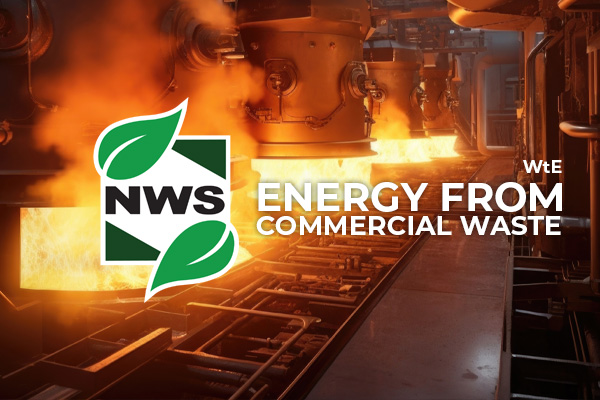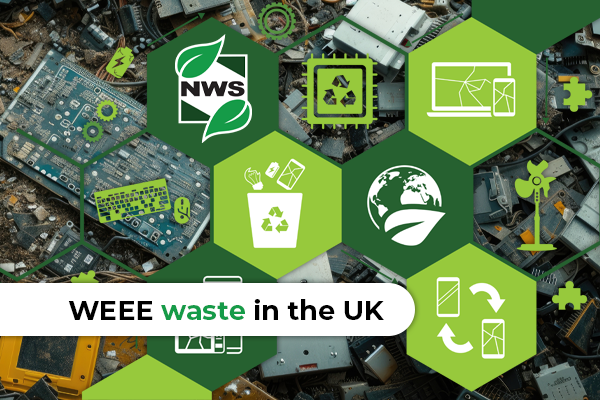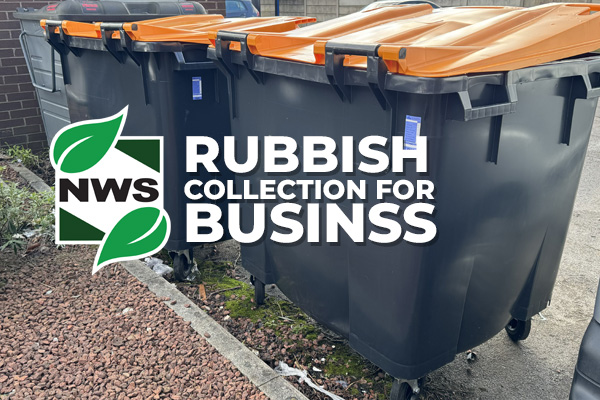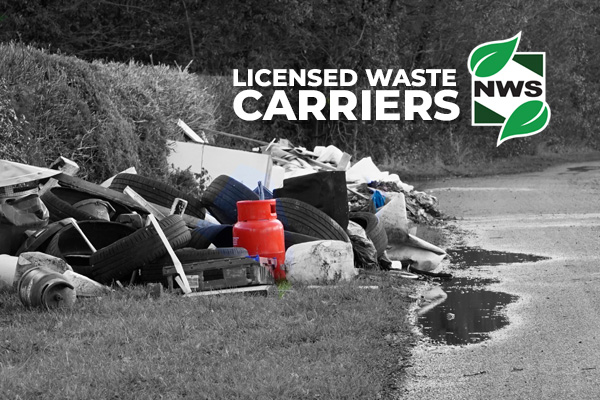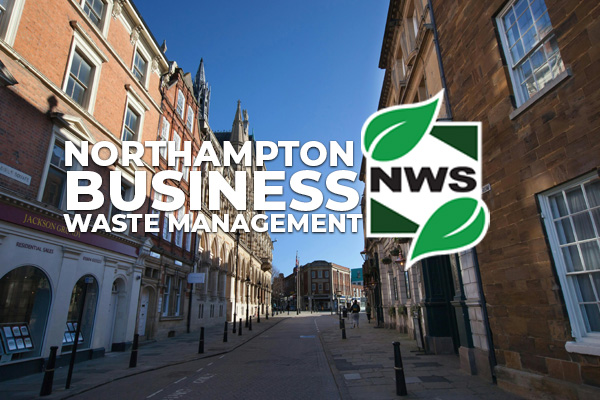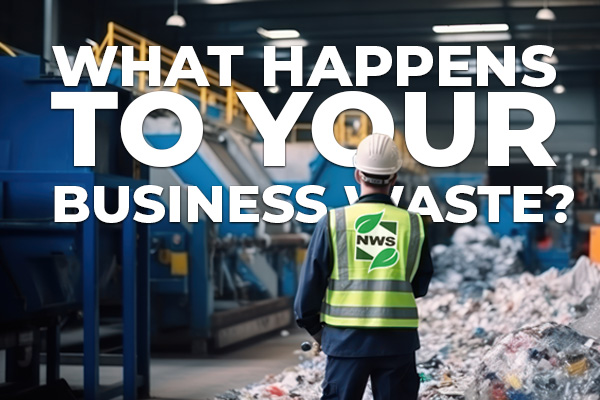If you are running a business you want to know about sustainable business practices, the management and disposal of waste are paramount concerns. For businesses, partnering with waste carriers through contractual agreements is a common approach to ensure efficient and environmentally responsible waste management. These contracts outline the terms of service, including frequency of collection, types of waste handled, and responsibilities of both parties involved. Understanding the various types of Contract For Business Bin Collections and what they entail is crucial for businesses seeking waste management solutions and business bin collections.
Business bin collections Service Agreements
Service agreements are the most basic type of contract between businesses and waste carriers. They typically outline the frequency of waste collection, types of waste accepted, and any additional services provided, such as recycling or hazardous waste disposal. These agreements often operate on a fixed schedule, with waste collected at predetermined intervals, such as weekly, bi-weekly, or monthly.

Types of Contract For Business Bin Collections
Subscription contracts offer businesses ongoing waste management services for a fixed fee. Similar to service agreements, they specify the frequency of collection and types of waste handled. However, subscription contracts may also include additional benefits, such as priority service during busy periods or discounted rates for long-term commitments.
On-Demand Contracts
On-demand contracts provide businesses with flexibility in waste management services. Instead of a fixed schedule, waste collection occurs as needed, based on the business’s request. This Types of Contract For Business Bin Collections is ideal for businesses with fluctuating waste volumes or irregular production schedules. However, on-demand services may come with higher costs compared to fixed-rate agreements.
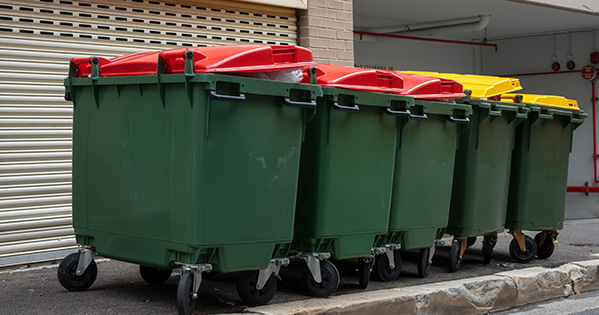
Bundled Contracts
Bundled contracts combine waste management services with other related services, such as janitorial or facility maintenance. These comprehensive agreements offer convenience and cost savings for businesses by consolidating multiple services under one contract. However, businesses should ensure that each service included meets their specific needs and quality standards.
What to Expect:
When entering into a contract with a waste carrier, businesses should expect clear and detailed terms that outline the scope of services, pricing structure, responsibilities of both parties, and procedures for resolving disputes or issues. It’s essential to thoroughly review the contract before signing and clarify any uncertainties or concerns with the waste carrier.
Businesses should also expect transparency and accountability from their waste carrier regarding waste handling practices, recycling efforts, and compliance with environmental regulations. Regular communication and performance evaluations can help ensure that the waste management services meet the business’s needs and sustainability objectives.
Selecting the right type of contract with a waste carrier is crucial for businesses seeking efficient and environmentally responsible waste management solutions. By understanding the various contract options, frequency of collection, and included services, businesses can make informed decisions to meet their waste management needs while advancing their sustainability goals.
Be Ready for Change within Waste Management
Additionally, businesses should be prepared to adapt their waste management strategies in response to changing circumstances, such as fluctuations in production levels, shifts in waste composition, or updates to environmental regulations. Flexible Contract For Business Bin Collections terms that allow for adjustments to service frequency, waste handling procedures, or additional services can help businesses remain responsive to evolving needs and priorities.
Furthermore, businesses should anticipate the need for ongoing monitoring and evaluation of their waste management services. Regular assessments of waste generation rates, recycling rates, and compliance with regulations can help identify areas for improvement and optimize resource utilization. Waste audits, conducted either internally or with the assistance of the waste carrier, can provide valuable insights into waste composition and opportunities for waste reduction or diversion.
Frequency of Collection and Included Services:
- Frequency of Collection:
The frequency of waste collection varies depending on factors such as the type of waste generated, volume of waste produced, and regulatory requirements. Common collection schedules range from daily to monthly, with some businesses requiring more frequent pickups for perishable or hazardous materials. - Types of Waste Handled:
Waste carriers typically handle various types of waste, including general waste, recyclables, organic waste, and hazardous materials. The contract specifies which types of waste the carrier will collect and how they will be processed or disposed of. Businesses should ensure that their waste carrier is licensed to handle the specific types of waste generated by their operations. - Additional Services:
In addition to waste collection, many contracts include supplementary services such as recycling, composting, waste audits, and waste reduction consulting. These value-added services help businesses optimize their waste management practices, minimize environmental impact, and comply with regulations.
Businesses should expect a collaborative partnership with their waste carrier, built on mutual trust, communication, and commitment to sustainability. By working closely with their waste carrier, businesses can leverage expertise, resources, and innovative solutions to improve waste management practices, minimize environmental impact, and contribute to a circular economy. The agreement or Types of Contract For Business Bin Collections makes sure you get the service you need for your business.
Contracts between businesses and waste carriers play a vital role in establishing efficient and environmentally responsible waste management systems and business bin collections. By selecting the appropriate Types of Contract For Business Bin Collections, understanding the frequency of collection and included services, and maintaining open communication and collaboration with their waste carrier, businesses can effectively manage their waste while advancing their sustainability objectives. Through proactive engagement and continuous improvement, businesses can contribute to a cleaner, healthier environment for future generations.

